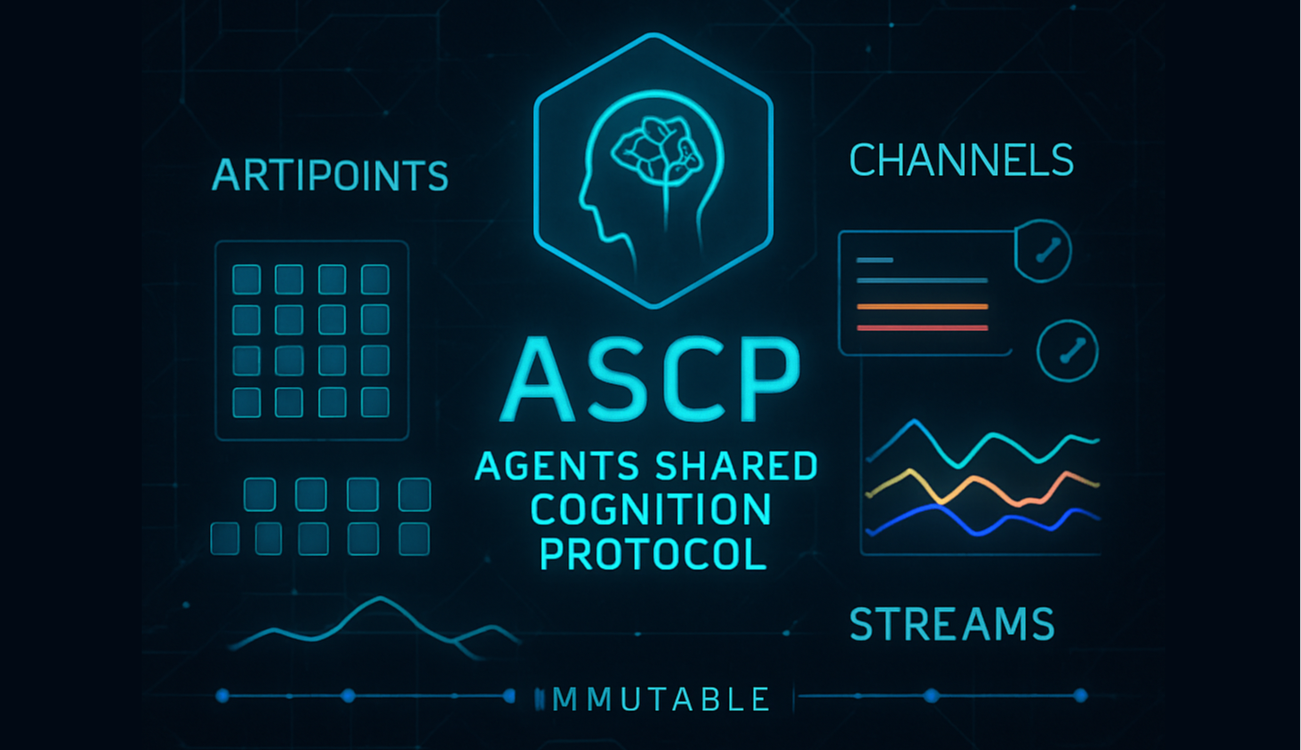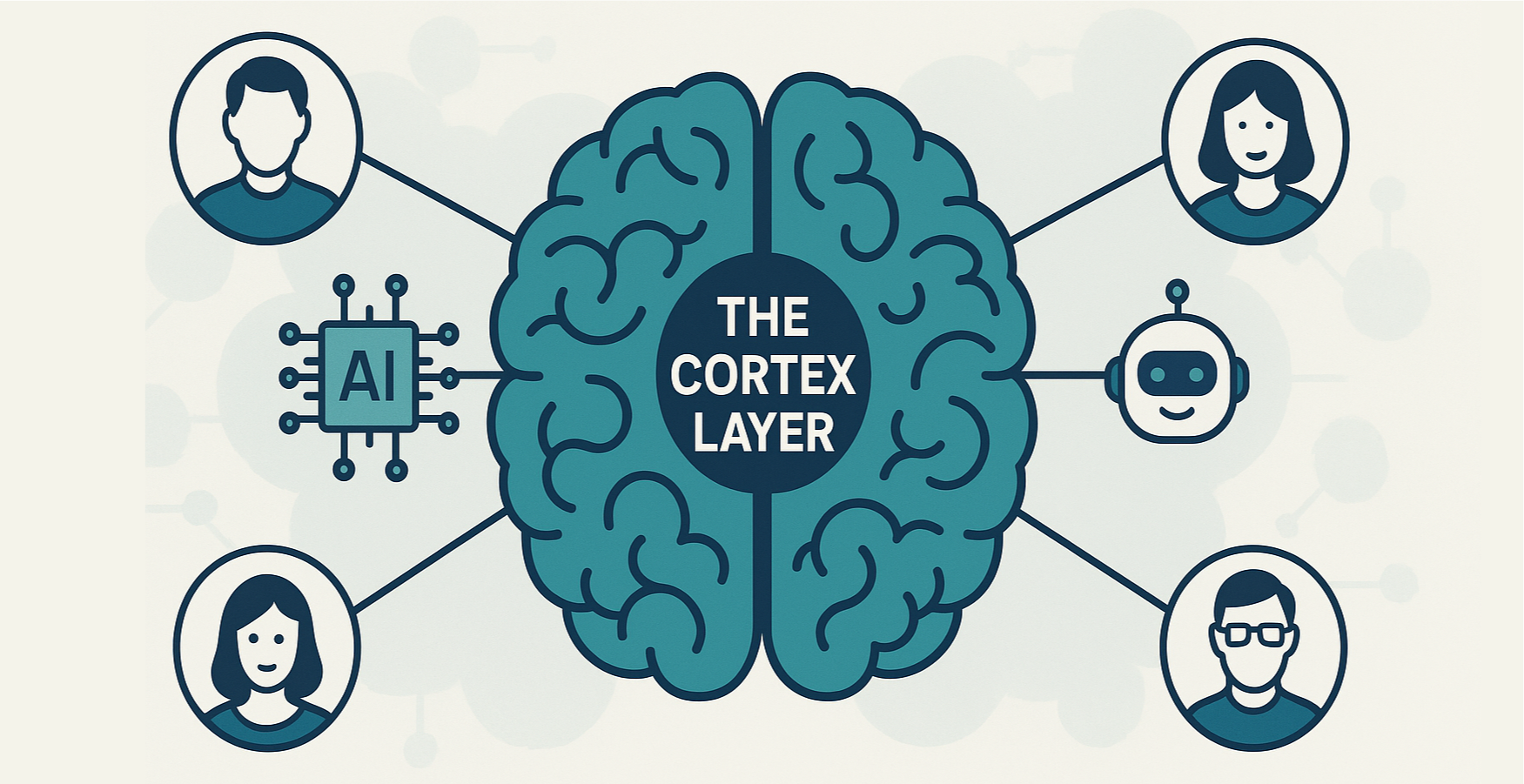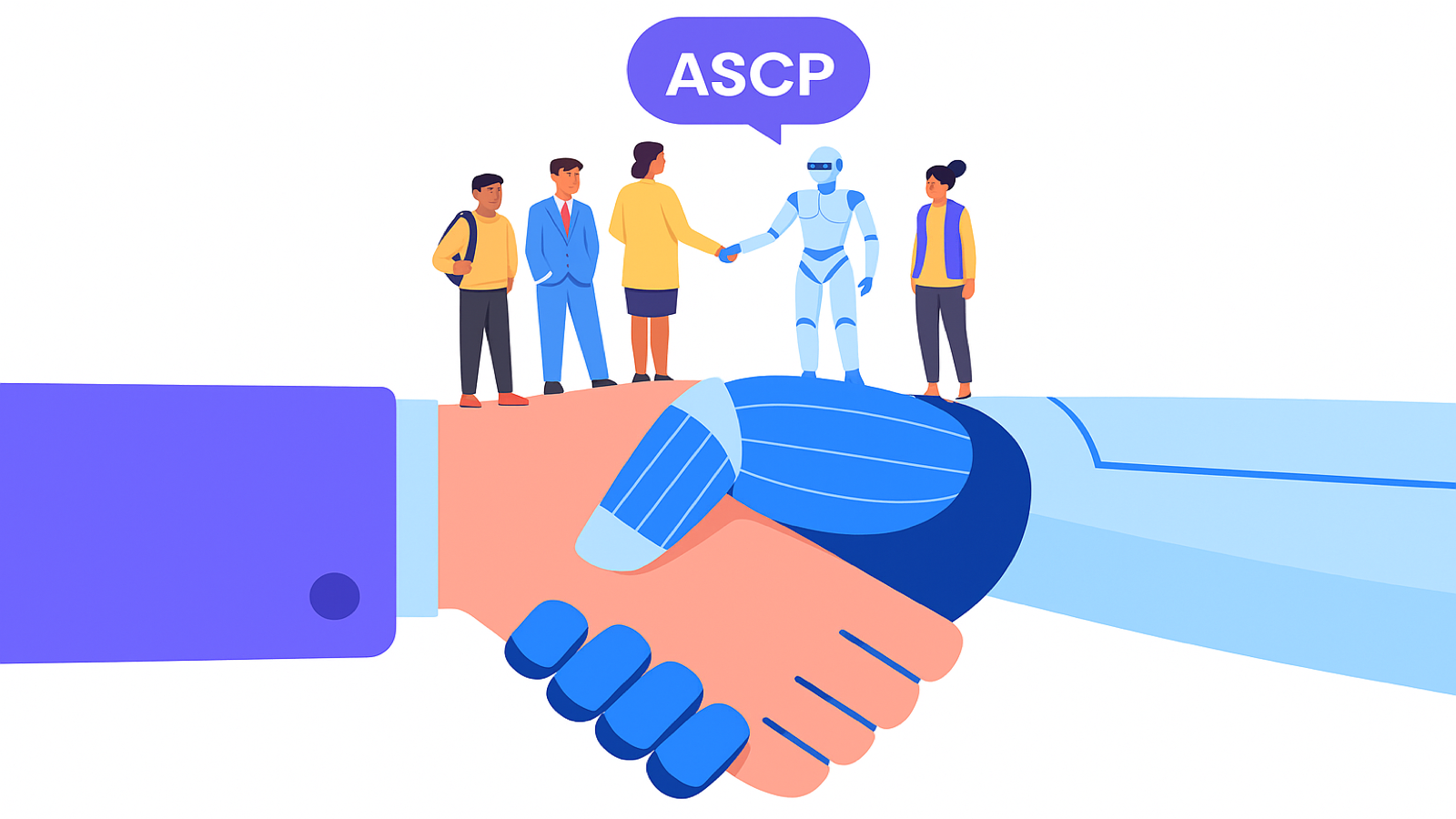In our rapidly evolving digital age, we’ve seen a surge in productivity tools and AI agents designed to streamline workflows and enhance efficiency. But despite these advancements, the promise of increased productivity often remains unfulfilled. This paradox, where technology’s potential to boost productivity doesn’t translate into real-world gains, is particularly evident in creative and knowledge-based work. It’s becoming increasingly clear that a fundamental shift is needed to truly enhance human capacity for creative work.
Information Overload: The Double-Edged Sword of Digital Tools
The success and abundance of digital tools have led to a new challenge: information overload. While these tools promise to make us more productive, they often result in the opposite because we waste significant amounts of time switching between applications and managing the barrage of information and notifications from tools like Slack and Microsoft Teams. This constant influx of information creates a cognitive burden, or cognitive load, that undermines our productivity and detracts from our ability to engage in deep, creative work.
The cognitive overload is the big cost here, because it’s basically hitting a tipping point where productivity is starting to fall. But even more importantly, the thing that’s happening is it’s starting to impact our capacity as humans to do creative knowledge work, which we, at Reframe, certainly believe is the ultimate goal.
Shifting Away from Task-Based Productivity
Traditional productivity metrics focus on task completion and efficiency. However, in the context of creative work, this approach is insufficient. We need to shift our focus from merely increasing task-based productivity to decreasing cognitive load. The true measure of productivity should be our ability to engage in creative work and make informed decisions. This means creating an environment that minimizes distractions and supports deep, focused work. An organized environment that enhances human capacity.
The Need for a New Environment: The OWE
The Organized Work Environment (OWE) is an environment, a digital workspace, that integrates tools and context more effectively to enhance human capacity. Unlike current desktops or digital workspaces, which require manual coordination and switching between applications, the OWE aims to manage context seamlessly. This environment would support both individual productivity (single-player mode) and collective productivity (multiplayer mode) by maintaining and sharing context (not just content) across different tools and collaborators.
Supporting Decision Making and Creative Collaboration
An effective OWE must facilitate decision making and creative collaboration. This involves creating a formal language for collaboration that can precisely capture the context around our work. Then, by capturing the rationale, history, and context of our actions, this new language would enable better coordination and more informed decision making. Finally, building an environment around this formal language would allow us to move beyond the limitations of current tools and workflows, fostering a space where creativity and innovation thrives.
The future of work lies in enhancing human capacity, not just completing more tasks. To achieve this, we need to reimagine our digital workspaces. The OWE represents a paradigm shift from the current GUI environment. By integrating tools and context more effectively and reducing cognitive load, we can create an environment that supports not only human creativity, but focus, well-being, and growth.
Join us on this journey as we build a more productive and creative digital workspace. Sign up to get early access.




